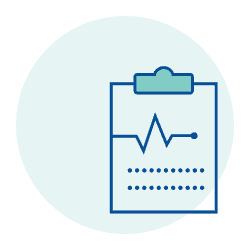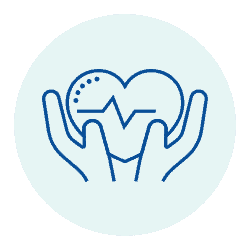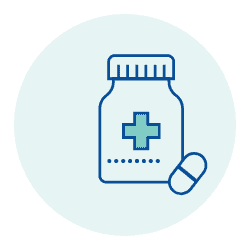Featured Services
Nurse Reviews
Scale quickly and efficiently by augmenting your authorization review capacity
Physician Generalist Authorization Reviews
Leverage on-demand capacity to relieve or backfill your medical directors
Specialist Authorization Reviews
Rely on specialist expertise to reduce overutilization and appeals
Specialty-Matched Complex Case Reviews
Specialized expertise for
standard of care and complex procedures
Independent Appeals
High quality decisions by specialists delivered to the standards you expect
External Appeals
Compliance-driven reviews that meet federal and state requirements
Who We Serve
A wide variety of organizations focused on managing healthcare services for their members partner with AllMed. We take the time to understand each client’s internal processes so that we can become an effective extension of their team, freeing them to focus on higher-value strategic initiatives.
Spotlight on Behavioral Health Review Services
Behavioral Health Review Services
Meeting your members’ mental and behavioral health needs is more than just keeping pace with the escalating demand for behavioral health services, it’s also ensuring their needs are addressed at the right level of care in the most clinically appropriate way. With a nationwide network of practicing, board-certified psychiatrists and psychologists, AllMed can help your organization rise to the challenge. Learn more

“As the healthcare landscape continues to change, AllMed and its industry solutions are playing a critical role in ensuring that patients receive the right care at the right time. Powered by clinical knowledge, technology, and innovation, we will continue to collaborate with our partners to drive value in healthcare.”

Join Us
Interested in joining our peer review panel?
Our commitment to the highest quality standards is rooted in our ability to engage excellent people.
If you are interested in joining our talented and diverse physician team, please contact us.






